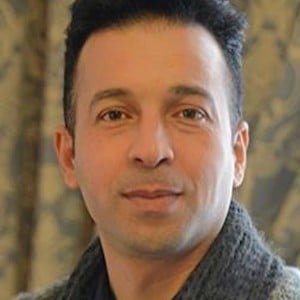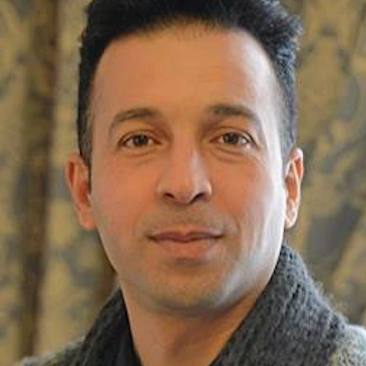By Nima Tamaddon.

Washington, 22 October 2015:
In the absence of objective, accurate and compelling reporting in much of the Libyan media landscape, . . .[restrict]news of a local journalist being shortlisted to receive an award for being “courageous” is a rewarding experience in itself. ??
Last week, the Berlin-based International Media Alliance nominated five “brave journalists and organisations” from the Arab world for pushing the boundaries of freedom of expression. One of them was a young Libyan journalist, Reda Fahail Al-Boum.
Boum, who works as a freelancer for local and international outlets, according to the media group, “risks his life every day for reporting on human rights issues.”
The citation read that he “addressed the effects of religious extremism on democracy and freedom of the press. Many times, he has been attacked and threatened publicly by various Libyan parties and groups of extremists because of his critical position on religious questions,” the group said.
In addition to Boum, the shortlisted candidates for the Raif Badawi Award for Courageous Journalist were the Egyptian Newspaper Mada Masr, the Bahrain Centre for Human Rights, Lebanon’s Samir Kassir Foundation and the Moroccan journalist Ali Anouzla, the final winner.
The award is initiated to honour Badawi, the Saudi Arabian blogger who has been jailed for ten years in prison and sentenced to one thousand lashes for his liberal writings.
The citation says that in Libya’s traditionally conservative society, which suffers from a dearth of objective reporters and few independent media, Boum has so far managed to shed light on several hidden aspects of life in the country, such as domestic violence, the lack of education for children in conflict-ridden areas and the deteriorating situation for homosexuals.
Boum has paid a price for his fearless journalism.
Two years ago, when he interviewed a women’s rights campaigner about wearing the veil, Libya’s Grand Mufti Sheik Sadik Al-Ghariani issued a fatwa against him and the TV station he was working for, accusing them of “promoting the apostate Shiite doctrine and atheism and defaming Islam” according to Reporters Without Borders.
More recently, on his way back to Libya from a human rights conference in Tunis, Boum was abducted and beaten up by armed men, until UNSMIL’s intervention secured his release.
Boum is one of those “self-taught” reporters, who emerged post-2011 and filled a void. Without the training that is now lavished abroad on anyone who says they are a journalist, he learnt his trade on the job.
Besides the hazards of reporting in Libya, local journalism is dominated by a spectrum of highly partisan outlets, more interested in opinions than fact.
A direct effect is that Libyan newsrooms rarely chase up real stories and certainly do not often encourage their journalists to produce them.
Thus almost all Libyan outlets are only parroting what officials say, without examining their claims or placing them into a larger context. In these circumstances the nomination of Boum is an honour for all media workers who are trying to tell it like it is.
As Libya moves hesitantly toward a government of national unity, it is important that its politicians be reminded of the key role of an independent media and of journalists such as Reda Fahail Al-Boum.
No democracy and reconciliation can be built in Libya if freedom of expression is not respected. [/restrict]








